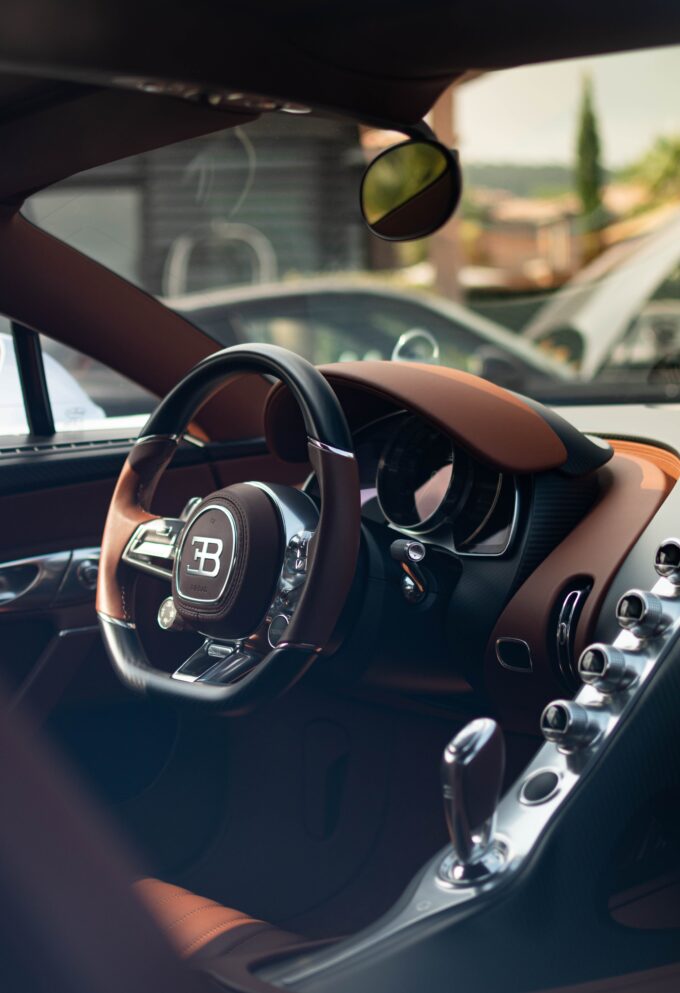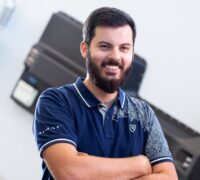“I was constantly rebuilding in my garage to make the car better and faster,” he said. “That was the best time for me because I was working on the car and then going racing. If I had an accident, or the car went up in flames, I would bring it back to the garage and improve it for the next race,. Then people started paying attention.”
One of those people was a member of the Abu Dhabi Royal Family, who approached Rimac and asked him to build an electric hypercar. Yet with no background in business, and no venture capital infrastructure in Croatia, Rimac had little idea about how to start a company. Together with designer Adriano Mudri, who had worked at General Motors in Germany, Rimac realized that trying to put an electric powertrain into a traditional combustion engine car was the wrong approach, so he decided to build his own car from scratch.
He admits to being completely naïve about the scale of the challenge. “Thinking back today, if I had worked, even for just a few months, at BMW as an engineer, I would have known how impossible it was to do what I wanted to do.”
Working evenings and weekends, Rimac and his friends managed to build a hypercar in time for the 2011 Frankfurt Auto Show. This kickstarted the growth of Rimac Automobili, a company that now employs 2,500 people. A decade later, Volkswagen’s luxury sports car unit Porsche agreed to a joint venture and handed Rimac majority control of the 114-year-old Bugatti brand.
Rimac describes the Bugatti Rimac business as a “beautiful niche.” This year, they plan to produce around 120 hypercars, generating revenues of €400mn. Yet with only the super-rich having pockets deep enough to splurge $2mn on a car, opportunities for expansion are limited.
The intel of the automotive industry
The bigger potential is in the Rimac Technology business, which supplies electric parts to traditional manufacturers of mainstream cars that are ditching combustion engines to meet emissions targets. In many respects, Rimac’s technology has the potential to remake cars in the same way that Intel’s processing technology drove the rise of the modern digital age.
“That business has unlimited scale, basically because you can make batteries for cars, you can make batteries for many different things, including stationary storage for solar, wind, and so on,” he said.
YouTube

 Podcast available
Podcast available


 Podcast available
Podcast available